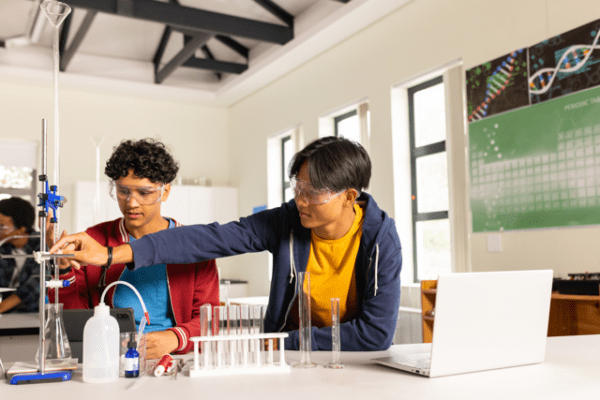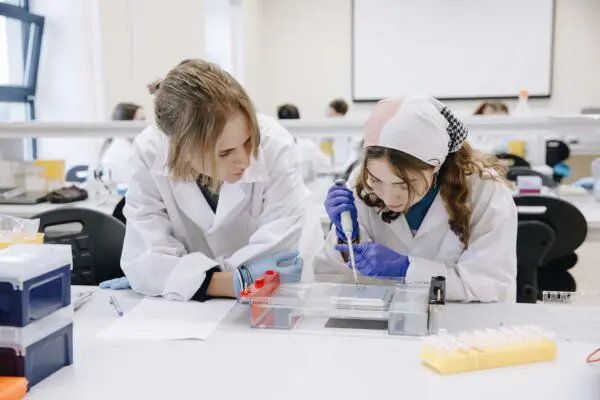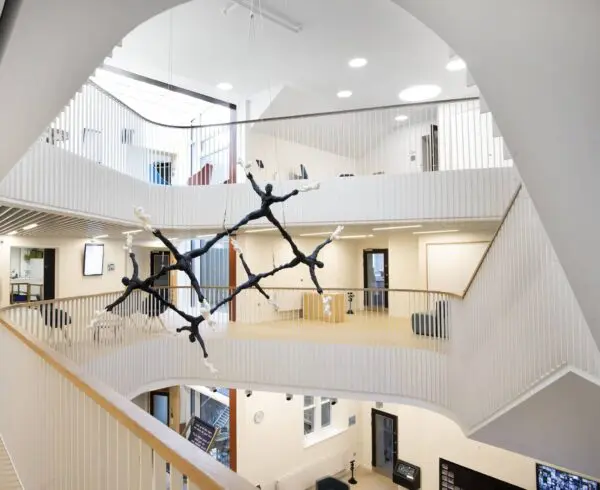
Utrecht, Netherlands
Environmental Signaling in Plants
When:
24 August - 26 August 2026
Credits:
0 EC
Read more
Natural Sciences Summer Course
When:
29 July - 06 August 2024
School:
Institution:
University of Tartu
City:
Country:
Language:
English
Credits:
2 EC
Fee:
600 EUR

The summer school aims to provide an overview of synthetic biology advances and their applications. Students will get hands-on experience in molecular cloning and genetic engineering. This course is designed for high school students and beginner level BSc students.
Laboratory work will focus on genetically modifying baker’s yeast (S. cerevisiae) with previously designed set of plasmid vectors. The constructed yeast strains will be used to study intricate mechanisms of regulation of gene expression and to illustrate the concept of logic gates in synthetic biology. Three distinct fluorescent proteins will be used as protein expression reporters. By combining different inputs to induce gene expression, the fluorescence of different reporter proteins will be measured as output.
Students will learn how to work in the molecular biology lab, lab safety rules, how to operate various laboratory equipment (e.g., PCR machines, centrifuges, vortexes, thermostats, etc.). They will learn the basic principles of logic gates and their applications in synthetic biology. Students will collect and analyse the data using different research methods, including live-cell flourescent microscope imaging, FACS, Western Blotting.
Ilona Faustova, Associate Professor in Molecular Biology, Programme Director of Science & Technology and Bioengineering programmes
High school students, BSc
The student completing the course will:
1. Know the main branches of synthetic biology
2. Will learn potential drawbacks and ethical issues raised by synthetic biology development
3. Know different molecular cloning techniques, including Golden Gate assembly and digest/ligate cloning
4. Be able to perform PCR, DNA gel electrophoresis, Bacterial and Yeast transformations, DNA extraction from bacterial cells.
5. Learn about different sequencing methods and how to analyze the results of Sanger sequencing
6. Learn the fundamentals of the Western blotting method and how the conduct western blot analysis.
7. Learn to analyse the live-cell flourescent microscope imaging data.
8. Learn the basics of FACS analysis.
Fee
600 EUR, Course fee
Fee
157.5 EUR, Accommodation in the student dormitories for 9 nights (shared rooms).
When:
29 July - 06 August 2024
School:
Institution:
University of Tartu
Language:
English
Credits:
2 EC

Utrecht, Netherlands
When:
24 August - 26 August 2026
Credits:
0 EC
Read more

Munich, Germany
When:
31 July - 28 August 2026
Credits:
6 EC
Read more

London, United Kingdom
When:
06 July - 02 August 2026
Credits:
0 EC
Read more